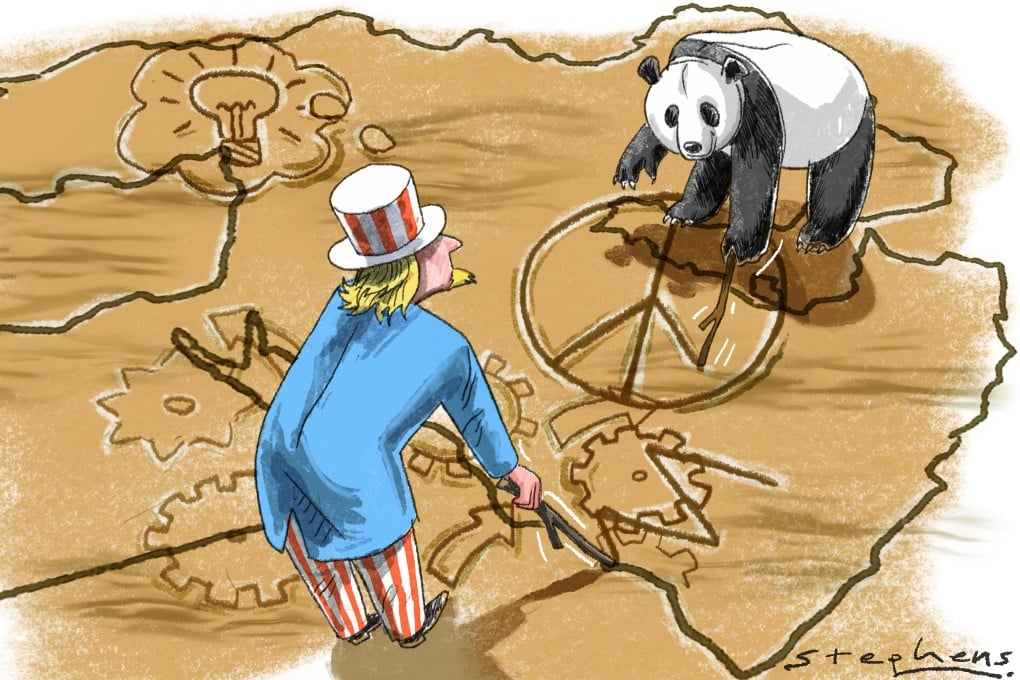Advertisement
Opinion | As China and the Middle East benefit from closer cooperation, the US should rethink its approach to the region
- For Gulf leaders looking to build digital and green economies, China is a valuable partner in infrastructure investment and technology transfer
- At the same time, Beijing is enjoying the chance to extend its influence, including among US allies
Reading Time:3 minutes
Why you can trust SCMP
1

The signing of the agreement to renew diplomatic ties between Iran and Saudi Arabia in Beijing earlier this month caught many observers by surprise, adding to a sense of China’s rising influence in the Middle East amid a growing perception that the US is losing sway.
Advertisement
For China, at least in the immediate term, perceptions are important. The timing and location of the Saudi-Iranian declaration and China’s positioning as a peace-promoting, responsible mediator are critical. By bringing together two staunch regional rivals as only it could have done, a clear message is being sent to the United States, the Middle East and beyond.
China’s President Xi Jinping will look to build on this success during his visit to Moscow, where he is meeting Russian President Vladimir Putin, to promote China’s position as a mediator between Russia and Ukraine. But while China’s mediation efforts between Russia and Ukraine are likely to remain symbolic for now, its success in the Middle East is already significant.
China has become increasingly active in the region, both economically and politically, over the last decade. As tensions rise in Asia and political and economic divisions widen between China and the West, Beijing is becoming even more active in a more welcoming Middle East.
China’s engagement in the region has increased substantially since the launch of the Belt and Road Initiative in 2013, from Riyadh to Abu Dhabi, Tehran and Tel Aviv. Originally focusing on trade and investment in the energy sector, Beijing has since diversified its activity, becoming involved in numerous infrastructure projects, smart cities, innovation centres, and 5G mobile networks.
Advertisement
Regional leaders, frustrated with US policies in the Middle East, have begun to view Beijing as a more reliable partner, as their distrust of Washington continues to mount. For Gulf Cooperation Council (GCC) countries, the relationship with China is more strategic than opportunistic. China’s unique ability to provide both infrastructure and technology fits well with the visions that Gulf leaders have for their future.

Advertisement
